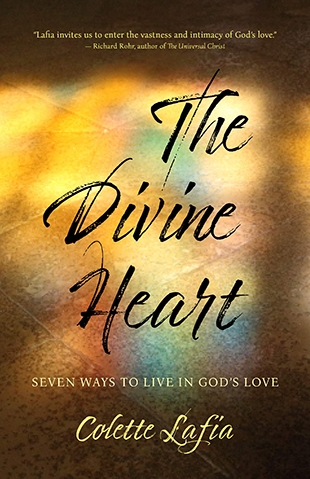"It takes courage to allow ourselves to be accepted and loved, just as it takes courage not to be afraid of the waves of doubt that wash over us and disrupt our rhythm and balance. 'Doubt is not the opposite of faith; it is an element of faith,' wrote twentieth-century theologian Paul Tillich. We learn not to be afraid of it -- to remember that we do not have to choose between faith or doubt but rather faith and doubt -- and even faith, doubt, faith. We can welcome our doubt, and even learn from our dialogue with it. Doubt is what we must walk through as we deepen our faith. By sitting patiently with our doubt, and our limitations, which can be difficult, we discover what's below the surface, a faith that teaches us that something more is happening, and God never rejects us.
"As we become more accepting, we tend to be more honest with ourselves, especially during times of uncertainty, knowing we can only rely on grace and that God is our devoted champion. We allow ourselves to be with this Loving Presence without pretense, posturing, or forced conviction. We enter a field out 'beyond ideas of wrongdoing and rightdoing,' as the thirteenth-century poet Jelaluddin Rumi writes. There, we let ourselves be completely held in Divine love, trusting that God accepts us as we are."
From My Spiritual Journal
"I have been hiding -- carrying my own list of doubts. It's been raining for weeks. Slow rain, fast rain, drizzling, and pouring. I hear the words: 'Beloved, where have you hidden?' All is holy -- the doubts I carry in my pocket, the atoms of my heart, and shelter on a rainy night. Can I remember that only love has the final say in who I am?"
Prayers and Practices
"1. Be willing to meet your doubt, noticing how it feels in your body. Our bodies are speaking to us all the time -- if we pay attention.
"2. Sit with your doubt and listen to it more deeply through prayer or while writing in your journal. What wisdom is your doubt trying to teach you?
"3. In prayer, ask God for the grace to hold both doubt and faith."
